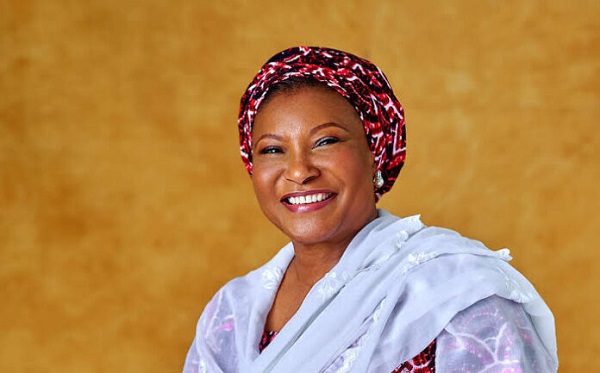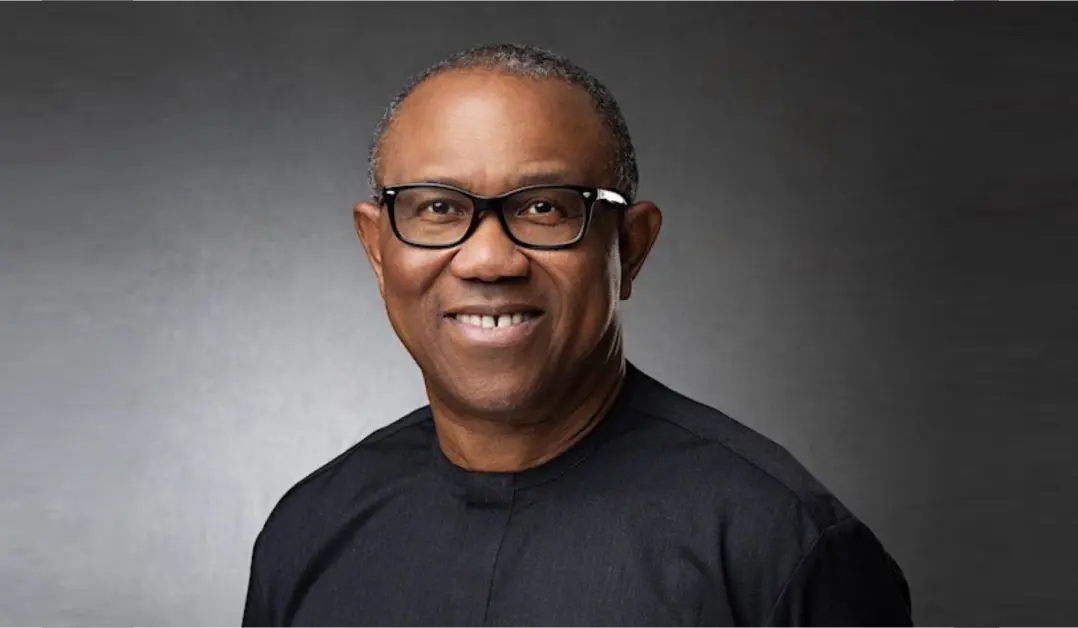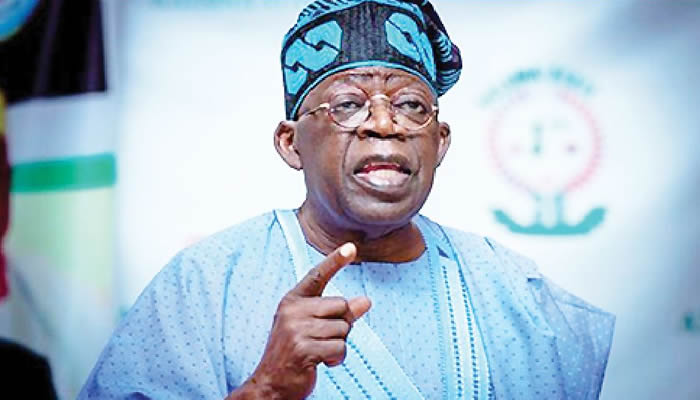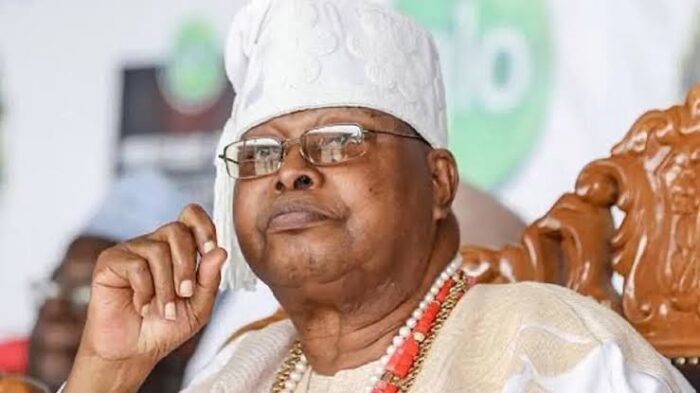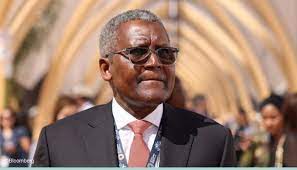Addressing Climate Change through Tree Planting
By Martha Agas, News Agency of Nigeria (NAN)
Deforestation is a primary contributor to climate change which is widely practiced across Nigeria, exposing the country to global warming and its adverse effects.
According to a UNDP report, In Nigeria every year, 13 million hectares of forest are lost while 3.6 billion hectares suffers desertification affecting mostly poor communities.
The Nigeria Conservation Foundation (NCF) in its message to mark the 2021 world environment day said that from 1960 till date, the country has lost 95 per cent of its forest due to deforestation and habitat degrading activities like forest clearance for farmlands.
Worried by the situation, President Muhammadu Buhari, according to Afrik21, at the 2019 Climate Action Summit in New York said 25 million trees will be planted annually in Nigeria to enhance the carbon sink and combat climate change. To achieve the target, the federal Government is engaging both national and international organisations.
As part of efforts to achieve the feat in the north central state Plateau, Gov. Simon Lalong in 2020 flagged off the campaign to plant 250,000 trees in the state tagged, ‘Plant for Peace Campaign’ to mitigate climate change in a joint initiative with an organisation, Green Renaissance Africa. The initiative will include tree planting in schools, development of local nurseries and community trainings.
The state, under the Nigeria Erosion and Water Shed Management Project (NEWMAP), has planted 25, 000 trees in five Local Government Areas of Pankshin, Kanke, Shendam, Wase, and Bokkos. The success of the outreach, as stated by the state commissioner for Environment Mr Usman Sidi, has encouraged its expansion to four more local governments where 50,000 seedlings would be planted in each.
He said 2000 trees had been planted so far on major streets at Jos/Bukuru metropolis and at the state secretariat, to replace trees removed for threatening building structures, with plans of planting more on major streets across the state.
The commissioner said that the state government was involving private organisations in the tree planting campaign, and has written to corporate organisations requesting them to convert their Corporate Social Responsibility (CSR) to tree planting, as part of efforts to address climate change.
The resilience to address climate change in the state has also encouraged an uprising of a social media campaign by a youth activist Mr Ponfa Miri tagged#GoGreenPlateau earlier in the year, to plant 1,000 trees each across the 17 local governments in the state, of which 450 trees have been planted.
“ In March, I made a post on the possibility of planting 17,000 trees in Plateau that is 1000 trees in each of the Local Governments and I got positive response.
The conversations on the tree planting campaign on social media also included the economic importance of trees and the need for every family and community to plant trees, he said
Miri noted that tree planting would address the many SDGs targets which are interrelated, explaining that Goal 13 hinges on climate change, Goal 17 on partnership for the goals, while planting economic trees can help in addressing poverty which is Goal one.
He urged young people to take action in addressing human activities that causes climate change such as deforestation, while urging leaders at all levels to take deliberate action and implement policies to sustain the environment.
Similarly, Ms. Gloria Bulus, the West Africa Regional Coordinator for Africa Climate Reality Project, said Nigeria as a signatory to the Paris Agreement aimed at reducing global emissions should enforce its environmental laws to address climate issues, and strengthen its protection agencies in all states to implement the laws.
She said cutting down trees makes the earth more vulnerable to climate change, because the trees serve as the lungs of the earth through providing clean air.
Bulus, who is also the coordinator for network of civil societies of environment in Nigeria, urged the media to sensitise and create awareness on the benefits of trees to encourage its planting, while also calling for collaborative efforts between government, communities, religious groups and private organisations on tree planting initiatives.
She described deforestation in Kaduna state, where she is based, as alarming, adding that over 30 trucks transports firewood from the forest every day on the highways without replacing the feel trees.
She said to sustain tree planting initiatives, children should be particularly nurtured on the gesture and made to plant trees in their various schools.
The environment activist, who is also the founder of a Kaduna-based Non-Governmental Organisation, Bridge that Gap, said that efforts was being made to implement a massive afforestation project in the state, where forest reserves have been depleted.
She said the location of the project has already been mapped, analysis of viability of trees to be planted conducted, and a strategy document produced, while various engagement with traditional and government officials for its success was on going.
Similarly, Mr Chidiebere Ukanyirioha, an expert of forestry and environmental management from the Federal College of Forestry in Jos, called for urban forest establishment, where trees are planted in households, streets and within communities to address deforestation.
He recommended that the Government should have plantations, create forest reserves and woodlots to address deforestation particularly in communities where trees are cut down for use as firewood.
He further explained that the woodlots should be established for utilization in such communities, where they can harvest some trees for use and replace them especially through planting species which regrow when they are cut down.
Similarly, the Plateau commissioner for Environment, Mr. Usman Sidi said the World Bank REDD+ project designed to reduce emissions from deforestation and forest degradation, captured communities that have been devastated by human activities through such actions in the state, to give them alternative sources of livelihoods, in order to discourage destruction of forest reserves. he said.
He said deforestation should be a concern to everyone, as global warming has increased shortfall in rainfalls and livelihood in Plateau which is an agrarian state, expressing concern that the situation would impact on food security.
He said Plateau government will reactivate divisional forest officers in its Local Government Areas to control deforestation and also consider engaging ad-hoc manpower, to augment the forest officers in intensifying surveillance and campaign on tree planting in communities.
He urged the public to plant at least two trees in 2021 which may not necessarily be exotic species.
He said local species such as mango trees can easily be nurtured, adding that schools in the state have been advised to make policies ensuring that every pupil plant a tree in 2021.
Even though Nigeria is still grappling with the projection of planting 25 million trees annually, it is hoped that the concerted efforts of its people and different key stakeholders, would help in achieving the feat and bringing an end to the adverse effects of climate change. (NANFeatures)


